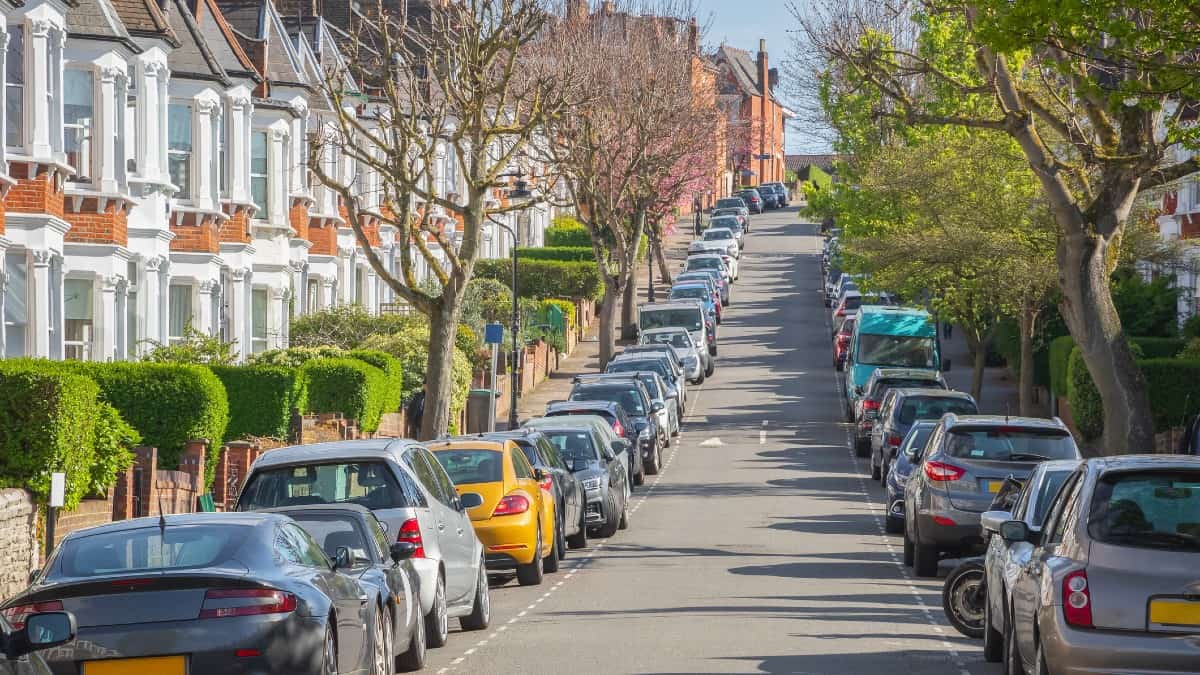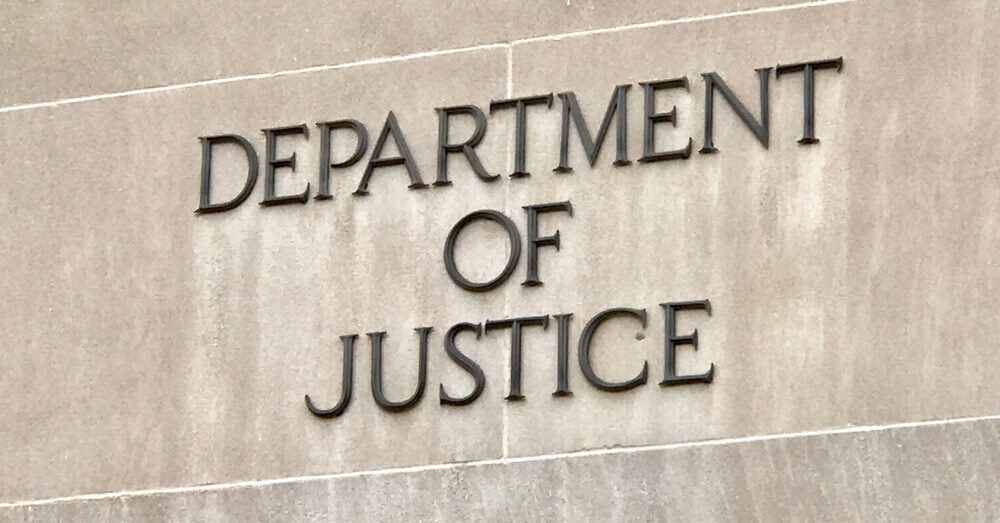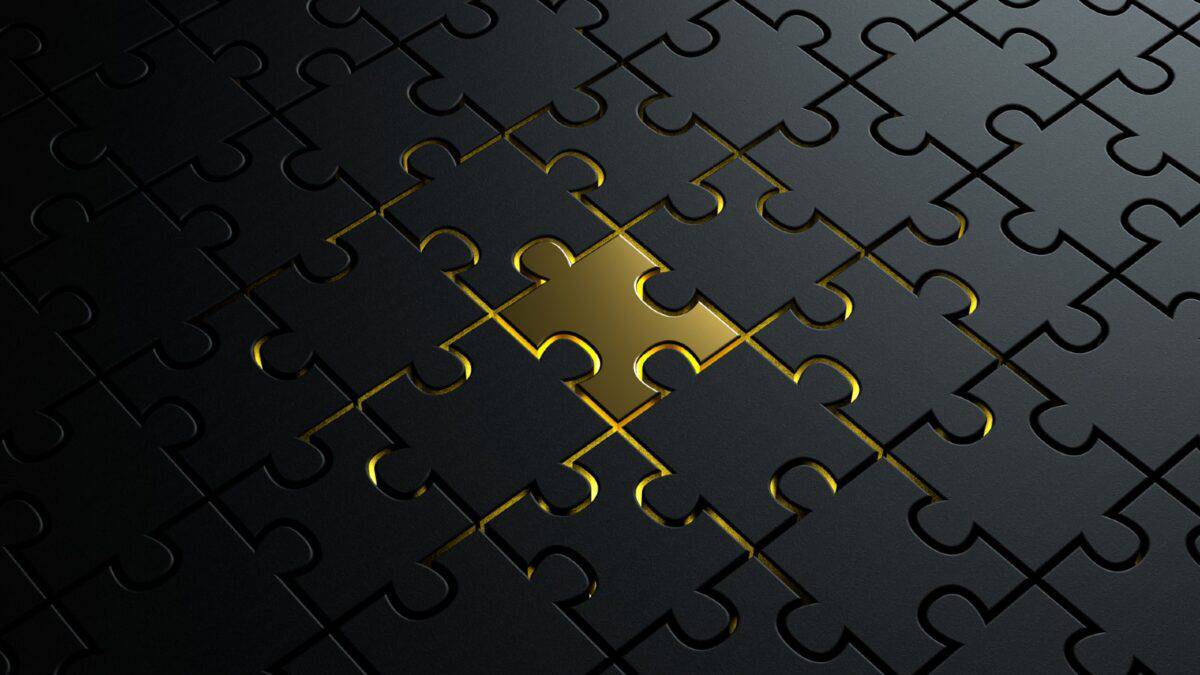In the hours after Venezuelan President Nicolás Maduro declared his re-election victory on July 29, there was a sense of vulnerability in the air.
Clouds of tear gas rose from multiple points across the Caracas skyline, as thousands of protesters clashed with security forces. Opposition supporters denounced a rigged result, tore down statues of Maduro’s predecessor Hugo Chávez and trampled election posters of the president in towns and cities across the country.
For the first time in 25 years of revolutionary socialist government, poorer neighbourhoods joined the protests en masse. Opposition leader María Corina Machado declared: “This is not the end, but it is the beginning of the end.”
Two weeks later, however, the outpouring of protest and the giddy optimism on the streets have gone, replaced by bowed heads and furtive glances amid a fierce crackdown. Venezuelans opposed to the government have been confronted with a prospect they had long feared: Maduro has no intention of leaving office, come what may.
“We are fighting against a cyber-fascist and criminal coup d’état in the streets of Venezuela,” Maduro said in a recent televised address, decked out in military garb despite never serving in the armed forces. Standing in front of uniformed national guards, some in combat gear and wielding assault rifles, he added: “I am ready for anything.”
Ahead of the election, there had been some hope that an opposition victory could lead to a negotiated handover of power. But instead, the South American petrostate appears to be following the path of Belarus or Nicaragua, becoming a pariah government which stays in power by force.
Since Maduro’s re-election, repression has reached new heights, according to non-governmental organisations in the country. Protesters have been tear-gassed, beaten and in some cases shot at. At least 24 people have been killed and more than 1,300 arrested, according to rights groups Foro Penal and Provea. The government has even ordered citizens to wipe messaging service WhatsApp from their phones and blocked access to social media platform X — amid a feud between its billionaire owner Elon Musk and Maduro — to prevent the opposition from rallying supporters.
“They’re knocking on my door, but I’m not leaving,” was the last thing María Oropeza texted the FT before military counter-intelligence agents broke into her home with a crowbar, snatched her mobile phone — which she was using to broadcast the ordeal live on Instagram — and took her prisoner.
Oropeza is a staffer for Vente Venezuela, Machado’s party, in the western state of Portuguesa and had been documenting arbitrary arrests. “This has turned into a witch-hunt and a shakedown,” she said in text messages moments before her detention, adding that officials had tried to exact bribes in exchange for a suspect’s freedom.

The burly, moustachioed Maduro has hammered home a simple message in numerous public appearances since the polls closed: that he is the election winner, his government is facing a coup attempt from far-right fascists backed by the US and he will do whatever is necessary to crush it.
Local media reported the arrival of four planeloads of Cuban special forces in the days before the election, a clear signal that the government was braced for mass protests.
Andrés Izarra, who served as tourism minister under Maduro but broke with him publicly in 2018, believes the president has no intention of leaving.
“The government is not going to resign and they’re not going to surrender to María Corina,” he says. “You can forget about that. They will see how long they can rule by bayonet, because the government strategy has always been to play for time.”
While Maduro’s response to the election might seem inevitable, the opposition had still hoped to oust him via the ballot box, even though it was always going to be an uphill struggle: Machado was banned from standing by the government-controlled Supreme Court and constantly harassed as she travelled around the country campaigning for Edmundo González, a retired diplomat who stood as her surrogate.
Despite ubiquitous billboards featuring pop-art renderings of a smiling Maduro, backed up by a social media blitz featuring the president dancing or cracking jokes, numerous opinion polls had shown just how unpopular he was.
After 11 years in power, economic crises had shrunk the economy’s size by three quarters and led to the emigration of nearly one in four of the population, while a tepid recovery since 2021 had benefited mainly the wealthy. Independent surveys before the election showed Maduro between 20 and 30 points behind González and the gap was growing.
But if it had planned all along on snatching victory, the government’s methods on election night seemed crude. The transmission of results from around 15,000 polling stations nationwide was interrupted about two hours after voting ended, while some opposition witnesses were refused copies of printed voting tally sheets and ordered to leave polling stations.
The opposition’s own count, pieced together from tally sheets its supporters did collect, showed a landslide victory for González with 67 per cent of votes against 30 per cent for Maduro — vastly different from the official result, which handed Maduro victory by 51.2 per cent to 44.2 per cent. The government-controlled electoral council has not produced a breakdown of voting despite mounting international pressure and attorney-general Tarek Saab has blamed a cyber attack from North Macedonia for disrupting the count.
If the government’s election fix was clumsy, its repression strategy was more sophisticated. Maduro has deployed a well-oiled machine of state control, which spans the armed forces, the Bolivarian National Guard (a military police force), paramilitaries and three different intelligence services.


Chávez, the founder of Venezuela’s “Bolivarian Revolution”, reorganised the military and the security services in the wake of a failed coup in 2002, replacing vertical army commands with a hub-and-spoke system that distributed power among a large number of generals and spread troops across the country, making it difficult for the military to challenge the president.
“The generals are like nodes in a network rather than a hierarchy,” says a former senior Venezuelan military officer who defected several years ago. “Generals are important as links to a political or economic group or a criminal group who can speak in the name of the regime, rather than as commanders who mobilise troops.”
Loyalty is rewarded by regular promotions — Venezuela has an estimated 2,000 generals and admirals in an active duty military of around 130,000 men, though exact figures are impossible to obtain. Several reports by researchers and advocacy groups have documented the military’s role in running key sectors of the economy, including the all-important oil industry.
Other areas include the illegal mining of gold in the southern Amazon region, where it provides protection for drug traffickers shipping out cocaine, and controlling ports.
To avoid forcing troops to crush civilian protests, internal security is mainly the task of the Bolivarian National Guard, together with the national police, intelligence agencies and armed civilian paramilitaries known as colectivos.
Western governments and foreign analysts often speculate about possible splits in the security services or secret back channel negotiations with key figures, such as long-serving defence minister Vladimir Padrino. So far, these have never led anywhere.
In 2019, opposition leader Juan Guaidó appeared outside a barracks calling for a military uprising after what opposition sources said were secret assurances from Padrino that he would back the mutiny. No soldiers joined in and the rebellion quickly fizzled out.
“Padrino’s nickname inside the army is ‘Soap’ because he is so slippery,” says the former senior military officer. “He is a person who can hug you and say: ‘Brother, I am with you’. Then, as you leave his office, he gives orders for you to be arrested.”
“The senior ranks have very high incentives to support the regime,” says Harold Trinkunas, deputy director of the Center for International Security and Cooperation at Stanford University. They also fear being held accountable in future for crimes committed under the regime, he adds.
One senior US official, speaking on condition of anonymity, declines to comment on whether back-channel talks are under way with Padrino, who has held the defence portfolio and been strategic operational commander of the armed forces since 2014. But he says the military is under pressure from Maduro and from internal political divisions in Venezuela.
“Those are pressures that are going to have to be navigated by Venezuela’s military leadership,” he says. “It’s too early to say on which side they will come down, but they’re probably going to play an important role in the process in the coming weeks.”
Maduro trained in Havana in the 1980s and Cuban security and intelligence advisers have been a key part of his entourage for years, providing his personal bodyguards and running an extensive counter-intelligence operation to surveil the military for any signs of disloyalty. Before the election, members of the armed forces made up about half of the country’s political prisoners, according to Foro Penal.


In recent days, police officers and government supporters have shared images on social media of potential targets for “Operation Knock Knock”, a strategy of harassing opposition members in their homes with visits from security forces. The military have largely remained in the barracks, leaving the police and intelligence agents to do the dirty work.
Gonzalo Himiob, the director of Foro Penal, describes the strategy as a policy of indiscriminate repression intended to “neutralise those whom the government interprets as leading the protests, while intimidating the population”.
So far, the international response to the election and the repression that has followed it has been muted. The US, joined by the EU and many Latin American governments, have not recognised Maduro’s re-election and have asked for proof of his victory. But no deadline has been set for Caracas to produce the voting tallies and there is no word on what will happen if it does not.
Antony Blinken, secretary of state, has said there is “overwhelming evidence” that González won the election and has congratulated him. But US officials were swift to emphasise that they were not going to recognise González as president-elect at this point or impose fresh sanctions.
US and European policymakers, diplomats say, feel constrained by past failures on Venezuela. A Trump-era policy of “maximum-pressure” economic sanctions failed to dislodge Maduro and aggravated an already deep economic crisis, while a US-led effort in 2019 to recognise Guaidó, then the leader of the national assembly, as Venezuela’s rightful president also flopped.
Now critics have asked whether the Biden administration’s efforts at negotiating with Maduro have also failed. Secret talks in Qatar led to an agreement in September 2023 that sanctions would be lifted if Maduro allowed a free and fair election.
The US lifted most economic sanctions the following month but reimposed some of them six months later, accusing the Maduro government of not fully complying with the agreement because it had banned some candidates and harassed the opposition campaign.
The senior US official says the Biden administration is committed to “reassessing and calibrating” its sanctions policy for Venezuela, adding that “the actions and non-actions that the Venezuelans maintain with respect to the election will certainly influence our thinking”.

“We deeply believe that the vote of the Venezuelan people should be respected,” he says. “We know that many of our allies . . . agree with us on this.”
For now at least, the US has ruled out cancelling the concession Maduro values most: individual licences granted to western oil and gas companies allowing them to pump oil from Venezuela for export. These have helped production to recover from a trough in 2020 to reach around 852,000 barrels per day in July, according to secondary sources cited in the monthly Opec report.
“One of the revelations from all this is the confirmation, once again, that the international community either doesn’t function or doesn’t exist,” says Moisés Naím, a Venezuelan writer and columnist who lives in Washington. He cites the discussion at the Organisation of American States on July 31, when the body supposed to uphold democratic standards across the Americas was unable to agree a resolution calling on Venezuela to publish full election results “immediately” because Colombia and Brazil abstained while Mexico was absent from the vote.
Brazil has led this troika of left-leaning Latin American powers in attempting to mediate between Maduro and the opposition but President Luiz Inácio Lula da Silva raised eyebrows when he said it was “normal” for two sides in an election to disagree about the result and proposed that the courts decide, even though the justice system in Venezuela is under Maduro’s control.
Some analysts believe that the strength of the opposition campaign, the weak vote for the government and the vehemence of the protests show how much support for the Maduro regime has crumbled across social classes of late, forcing it for the first time to blatantly rig an election result.
“There’s more of a sense of a sinking ship,” says Michael Shifter, former president of the Inter-American Dialogue, a think-tank in Washington. “Maduro doesn’t look like a guy who is celebrating victory. He looks like a guy who is completely shaken, completely rattled . . . he seems to have completely lost it.”


Still, on Friday Maduro rebuffed an offer from Panama to facilitate his departure to a third country.
The opposition is putting on a brave face. Machado has called for Venezuelans not to lose hope but her staff are tight-lipped about future strategy, saying only that fresh phases of the fight will come. For now, they are focused on trying to keep international attention on Venezuela. The president is not due to be sworn in for his third term until January, allowing time for negotiations.
A defiant Machado told Mexican journalists last week that Maduro’s regime has “absolutely zero legitimacy, all it has left is force and that’s where they are hunkered down now. We must keep our civic movement going peacefully.”
She added: “How long will this last? Nobody knows . . . but the outcome will be a free Venezuela.”
However many analysts are sceptical that a strategy of diplomacy or international pressure can work with a government that has survived isolation before with the help of Russia and China.
The Brazil-Colombia-Mexico mediation will most likely lead to nothing, just like all kinds of mediation efforts over the past decade, says Oliver Stuenkel, professor of international relations at the Getulio Vargas Foundation in São Paulo.
It is “very convenient” for the US to “outsource this problem to regional actors to not have to deal with it”, he adds.
“In the end, [the Venezuelan government] knows that the attention span of the international community is limited.”
Data visualisation by Keith Fray
Credit: Source link















